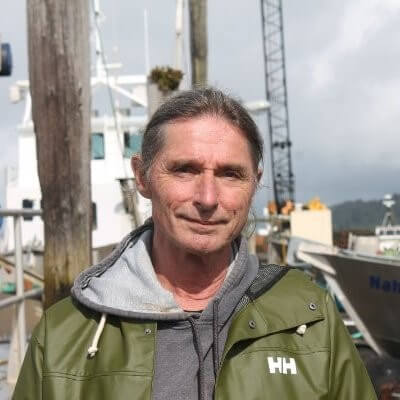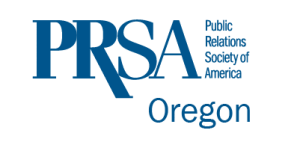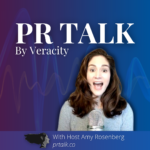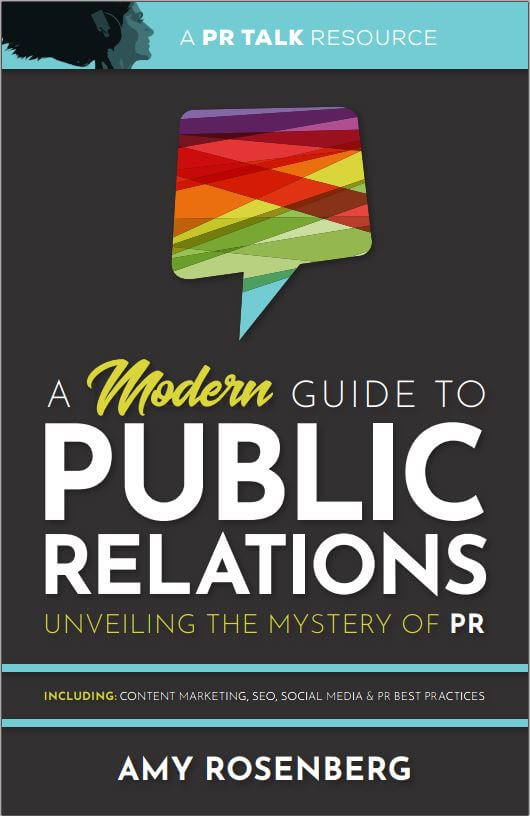![Wikipedia Marketing with Dan Cook [Podcast]](https://www.veracityagency.com/wp-content/uploads/1122px-Wikipedia-logo-800x600.png)
Wikipedia Marketing with Dan Cook [Podcast]
Stop Fearing Wikipedia: Dan Cook’s Advice on this Powerful Platform
Over his thirty-year career, Dan Cook has worked as a staff journalist in five different markets, including stops at the Portland Business Journal and Reuters. That work put him in regular contact with public relations professionals of all stripes, and as he notes early on in this interview with PR Talk host Amy Rosenberg, “I’ve learned how to find the ones who can really deliver and I hang onto them for dear life.”
These days, Dan wears many hats. He covers healthcare and benefits trends for BenefitsPro and Benefits Selling Magazine. In this role he works closely with PR pros and throughout his conversation with Amy offered important insight on how they can work collaboratively with the news media.
Dan also works as a communications consultant for To the Point Collaborative, spending most of his time helping clients navigate through the murky waters of Wikipedia.
Wikipedia as a PR Tool? Dan Says YES!
As a Wikipedia consultant, Dan teaches clients how to ethically write and edit their own articles on the world’s online encyclopedia. Most PR pros understand how valuable a good Wikipedia listing is for their clients, but avoid the platform altogether because of its intimidating environment. But instead of fearing the site, Dan feels strongly that PR pros should learn how to use Wikipedia correctly.
As Dan explains, Wikipedia is run by a group of volunteer editors who take great pains to ensure that every new article and every new edit meets a tight set of community standards. It’s not uncommon to see poorly written or improperly sourced articles pulled down from the site, or for unscrupulous paid editors to receive outright bans.
Proper sourcing is everything on Wikipedia and many paid editors run into trouble when they try to support what they’ve written with external links. According to Wikipedia’s rules, an article cannot link back to a company’s web page. However, if an article can link to sources that were written and edited by a credible third-party–such as a news outlet–it has a great chance of staying live. In Dan’s view, this is where PR pros can shine.
Whenever possible, PR pros should include important factual information in their press releases like the number of employees, key clients, services areas, etc., even if they’re not related to the main subject of the release. That way, any resulting press coverage could potentially be used to support a company’s Wikipedia page.
Dan offered these additional tips for PR pros interested in getting started on Wikipedia:
- Contrary to popular opinion, conflicts of interest and paid editing are NOT banned on Wikipedia. In fact, volunteer editors appreciate paid editors who approach the platform correctly.
- With this in mind, paid editors should be transparent on Wikipedia by choosing their own usernames and not logging in using client accounts.
- Articles should be written objectively and refrain from sales messaging.
Through To the Point Collaborative, Dan offers Wikipedia training programs that walk clients through the process of creating a transparent Wikipedia account, writing an ideal article draft, or implementing changes to an existing article. Dan also holds occasional Wikipedia “edit-a-thons” where he walks a group through the process of writing an article from start to finish.
PR pros who would like to add this important skill to their communications toolkit can reach out to Dan for more information.
About the guest: Dan Cook
Dan Cook is a writer and researcher. He is a former Portland Business Journal Editor and Reuters reporter. Was on staff at nonprofits Morrison Child & Family Services and Special Olympics Oregon. Currently, he works with To the Point Collaborative as a copywriter, editor, Wikipedia consultant and communications strategist.
Connect and follow Dan on social media:
This episode of PR Talk is brought to you by PRSA Oregon
Throughout Oregon and Southwest Washington, PRSA provides members with networking, mentorship, skill building and professional development opportunities – whether you are a new professional fresh out of college or a skilled expert with 20 years in the industry. Check out PRSAoregon.org for more information on how membership can help you grow and connect.
PR Talk is sponsored by monday
In such a fast-paced, multi-faceted work environment, it can be tough to stay on top of everything. monday is the collaboration tool trusted by businesses of all kinds to help cut down the clutter and streamline productivity. Learn more at monday.com and signup for a free trial. You’ll see in no time why so many teams around the world are choosing monday for their project management needs.
PR Talk listeners can use the coupon code BetterExecute for a 15% discount.









